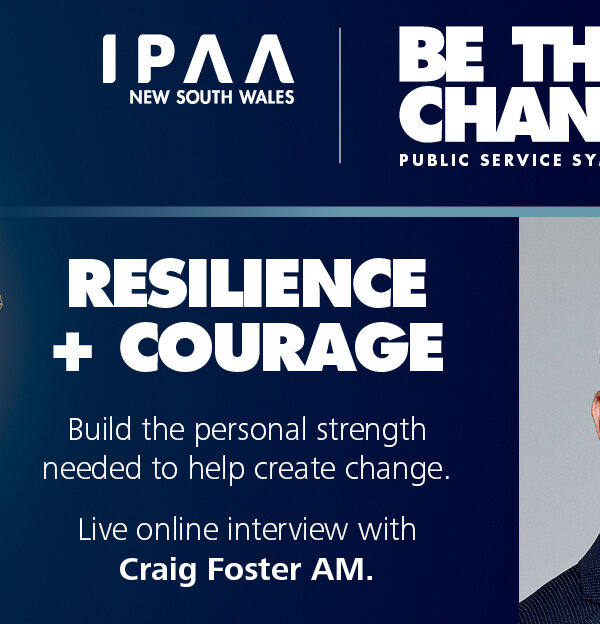
(previously Cultural Diversity and Awareness for Public Sector)
Grow your understanding and awareness of the Indigenous Community in South Australia. You will build a depth of understanding for the spiritual relationship Indigenous Peoples hold to their land and how you can work empathetically and effectively with these groups. Cultural awareness is vital for all SA public sector employees and this training presents a valuable opportunity to learn from an experienced facilitator with first-hand knowledge.
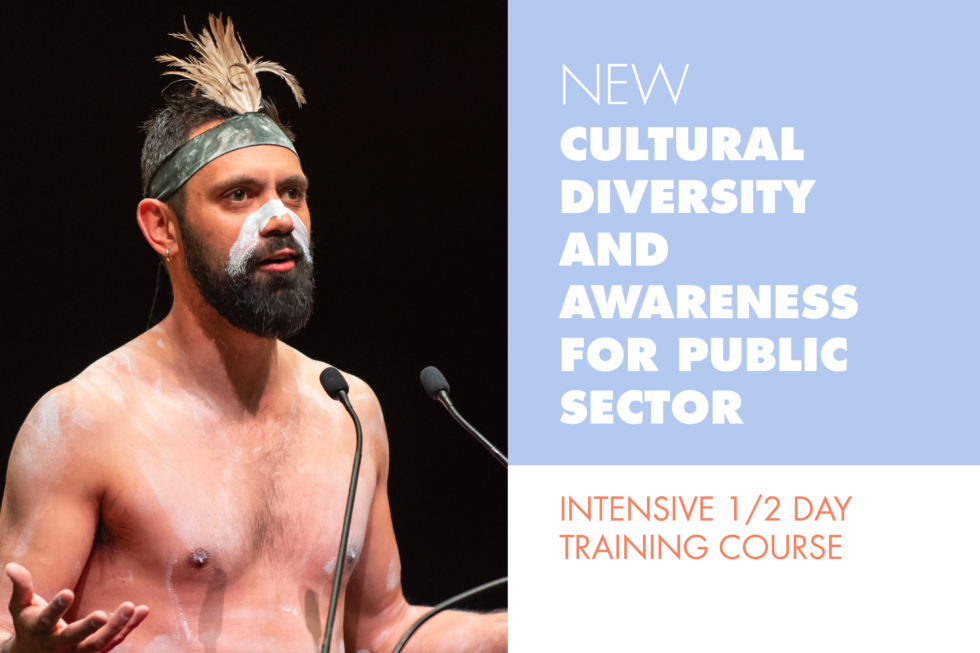
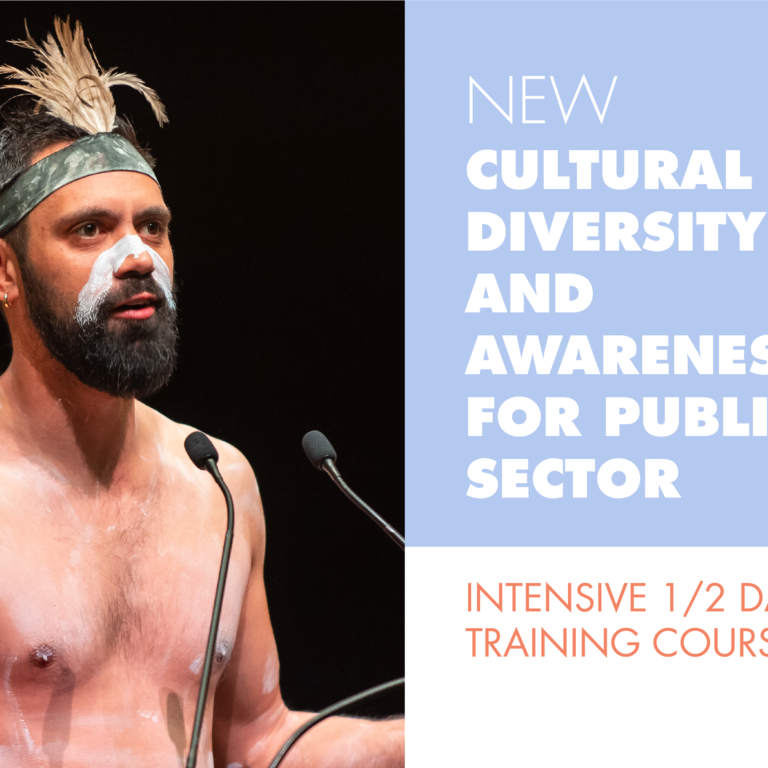
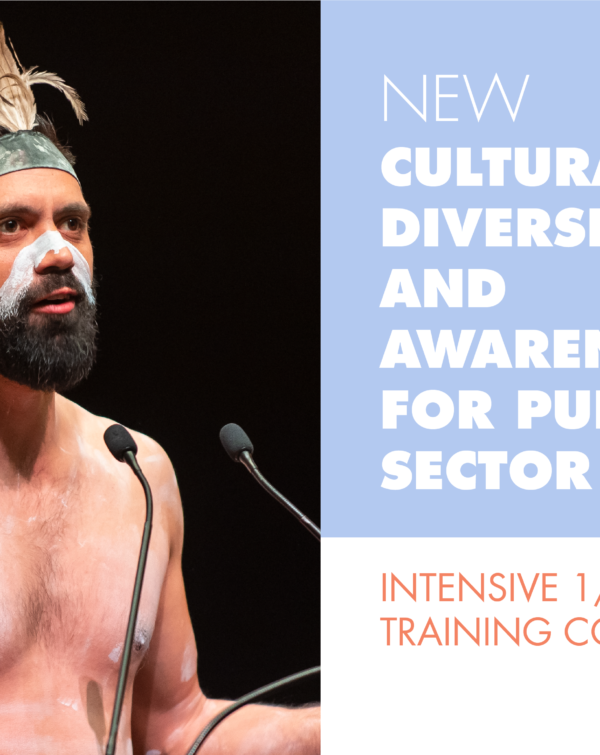
Neuroleadership draws its name from the idea of applying neuroscience principles to the field of leadership. Neuroscience is a multidisciplinary field that links psychology and neurochemistry to understand the intrinsic links between biological processes occurring in the nervous system to behavior and cognitive function.
As a leader, you will have long puzzled with questions of “Why does my team act the way they do?”, “What is preventing me from being able to get my team on board with X, Y or Z?” or “What can be causing dysfunction in my team?” Neuroleadership sheds light on these kinds of questions, to explain behaviour and, in turn, suggest principles that will help us understand and positively modify the behaviour of ourselves and others.
Neuroleadership in particular lends itself to 4 areas of leadership which include: decision–making and problem–solving, emotional intelligence and regulation, collaboration and communication and leading others through change.
One of the core principles of neuroleadership is linked to the primitive structures of our brain chemistry for pleasure, reward and avoiding threats. This idea highlights that we all innately act in ways that minimise threat and maximise reward.
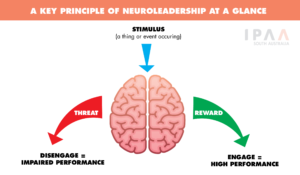
So, why does understanding these neuroleadership principles make you a better leader? In short, neuroleadership comes into its own at the organisational and team level – where our approach to management becomes more in-tune with the ‘human needs of staff’ to optimise engagement, performance, satisfaction and productivity. The core concept mentioned above flags an essential point of humanisiation for leaders and organisations – in the approach taken to change the way we perceive a stimulus in the environment. This means taking the stimulus which is producing a ‘threat’ response, and prompting us to disengage, and turning it into a ‘reward’ response, which engages us to perform at our best.
To get yourself and your team performing at their best, it’s vital to create an environment that puts your brain into the ‘reward state’ – where we are at our prime to make decisions and judgments, be innovative and be proactive with change. A ‘rewarding’ environment is one that recognises the ‘threats’ present in its culture and workplace. Workplaces that are constantly shifting goals and expectations, have poor communication or where people fear punishment for mistakes, creates a ‘threat state’ in our minds that cause us to disengage – with this presenting as impaired decision–making, poor mental recall and mental capability – to the extent that even routine tasks are impaired.
You can use neuroleadership tools to help shape your team and workplace into a rewarding environment by understanding and managing the neural processes that are leading to behaviours. This is where some expert advice will be essential – most leaders seek coaching and training on the area of neuroleadership to deepen this understanding and gain practical tools that can be deployed in the workplace.
If you want to start implementing neuroleadership principles to improve your own and your team’s performance, we hope to see you at our upcoming ‘Neuroleadership’ intensive half day course. During this course, you will work with an experienced psychologist and walk away with ways you can get the best from your team.
Register Now for ‘Neuroleadership’.
References
IPAA SA Neuroleadership Course Book, 2021.
A new research report has found that the working from home experience of Australian Public Service (APS) employees, compelled by the COVID019 pandemic, has been overwhelmingly positive, realising benefits and dispelling some long-held concerns.
The recently published ‘Working during the Pandemic: From resistance to revolution?‘ report, written by Associate Professor Linda Colley, CQUniversity, and Dr Sue Williamson, UNSW Canberra, was prepared by UNSW Canberra Public Service Research Group and CQUniversity.
Over 6,000 APS respondents participated in a survey which was run in late June 2020. It aimed to capture the experiences of those working from home, as well as the attitudes, perceptions and experience of those not working from home.
The authors worked with the Community and Public Sector Union (CPSU) to develop the survey instrument, and the CPSU distributed the survey to their mailing list on the authors’ behalf. The sample was broadly representative of the APS workforce in terms of ethnicity, indigeneity, and ongoing tenure. It included about 20% non-union members and approximately 25% managers, across a broad range of occupations and agencies.
The researchers found that managers were highly supportive of working from home and that over 90% believed that their teams’ productivity was the same or even higher when working from home.
They found that nearly two-thirds of employees felt that they got more work done than when at the office. Nearly two-thirds felt that they had more autonomy, and employees also enjoyed the personal benefits, including less commuting time, more time with family and for caring responsibilities.
In the future, over two-thirds wanted to continue working from home on a regular basis for some of their hours. The key reasons for this included the ability to manage work and caring responsibilities, and the time for themselves and family.
From a managerial perspective, nearly two-thirds of managers indicated they would be more supportive of working from home in the future but interestingly, while managers are supportive, organisational culture may be lagging.
A limitation to the survey was a selection bias towards those working from home, resulting in an under-representation of those who did not work from home. While this reduced the number of responses to the authors’ questions about reasons people did not work from home, it did not diminish the responses from those who did.
A copy of the full report is available on the UNSW Canberra website.
Text and images courtesy of IPAA National
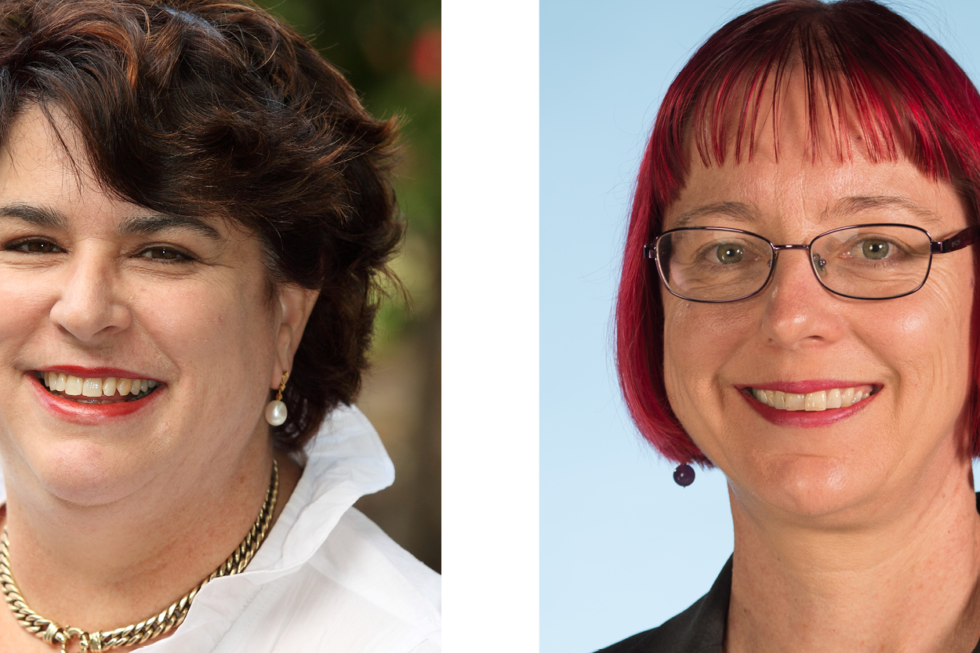
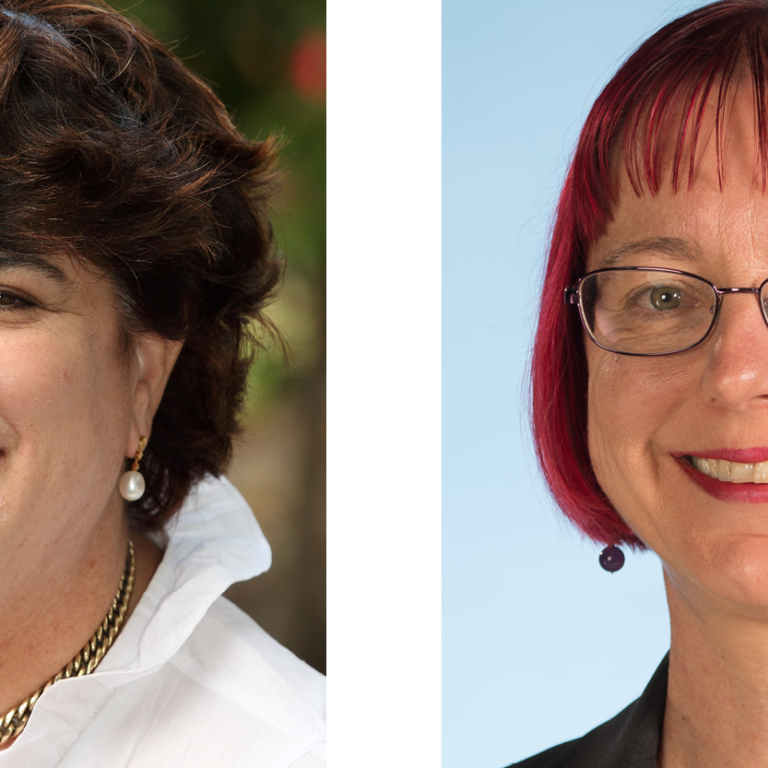
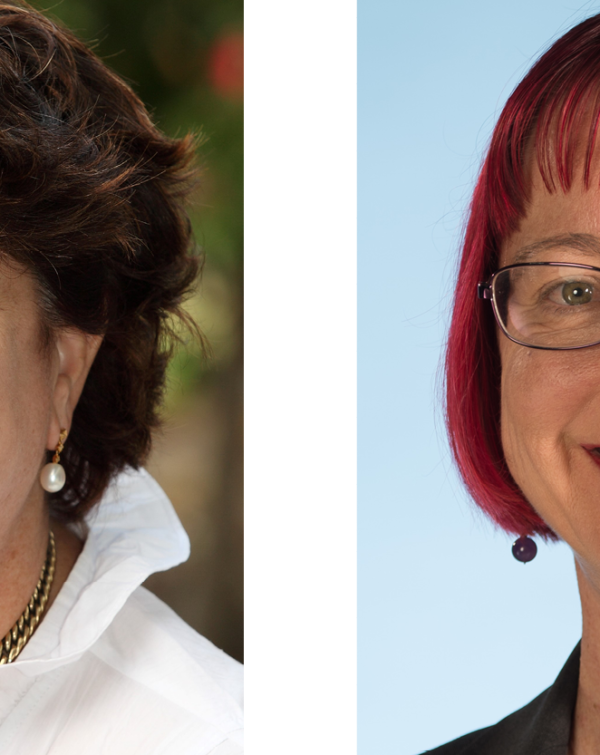
The Australian and New Zealand School of Government (ANZSOG) will be presenting a three-part webinar series on ‘Leading People Through Disruption’, beginning on 25 August 2020.
The series will be presented by Dr Jo Cribb — one of the youngest people ever appointed as a chief executive in the New Zealand public service in 2012. Her work has focused on advancing the cause of vulnerable in society, spearheading some of the most difficult issues of our time, including child abuse, child poverty, family violence and vulnerable women.
The webinar series will give participants insights into how to make decisions during a time of crisis and maintain an inclusive and positive style of leadership.
Dr Cribb said that effective leaders created change in a values-based way, and the best were able to empower their staff and admit the limits of their own knowledge and ability.
‘Leadership is about mobilisation, bringing people together and making things better than they were before. You can have that influence at every level and everyone can be part of the leadership team’.
Dr Cribb also said that organisations were too complex and the problems that they had to deal with were too difficult for one person to have all the answers. Leaders needed to be honest and admit they don’t know everything —something particular true in the context of the COVID-19 crisis.
‘It is really important for authorities to be honest about what they don’t know when they communicate with the public.
This has been the experience in New Zealand and it has actually strengthened trust in government. We have been able to communicate really complex judgement-based policies and do so effectively.’
The first webinar will focus on leading people through disruption (25 August 2020).
The second webinar will explore what it means to be an inclusive leader under pressure (3 September 2020).
And the third webinar will look at ways to build an inclusive culture during crises (17 September 2020).
Those interested in participating in this series can register on the ANZSOG website.
Author: Frank Exon, Executive Director, IPAA National
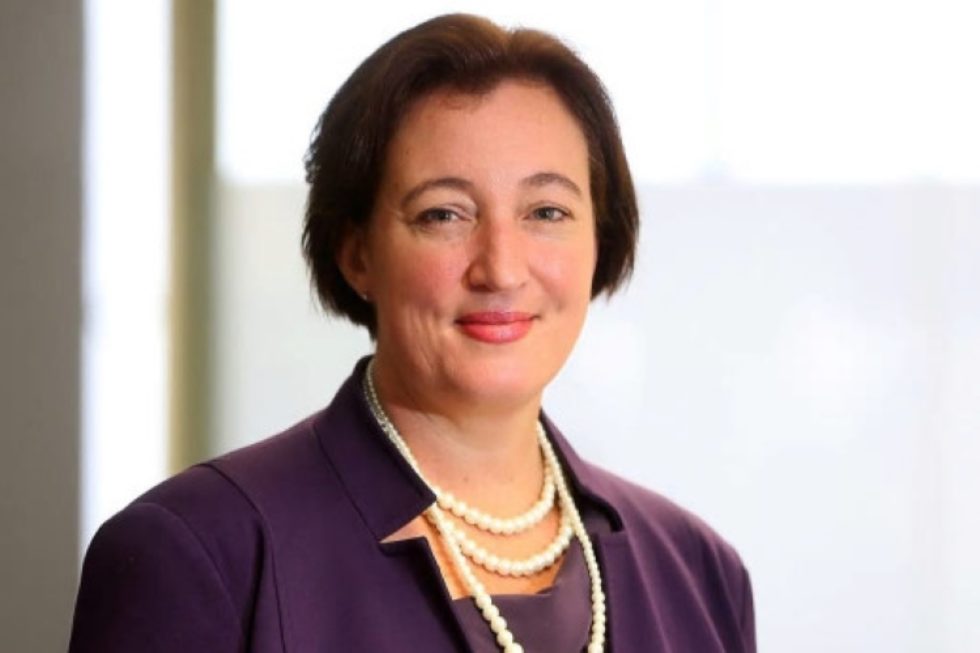
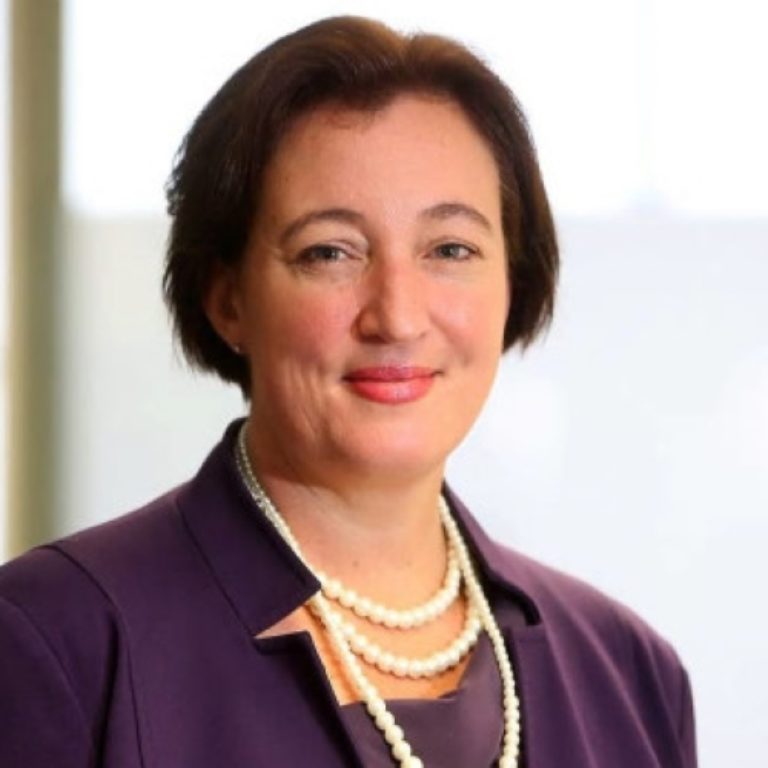
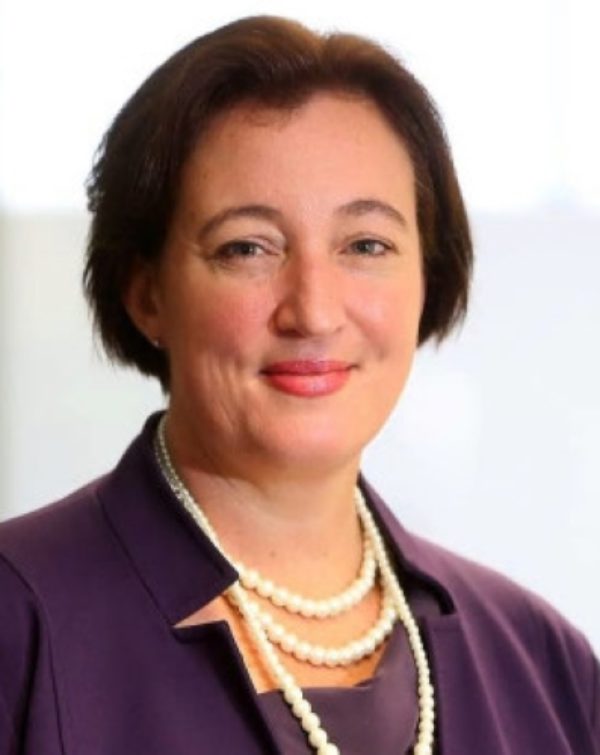
The latest issue of the Australian Journal of Public Administration contains a gem of a research paper by Catherine Althaus on the exciting contribution that Indigenous evidence and knowledges can make to public administration in the fields of engagement, sustainability, and policy innovation.
Catherine Althaus is the Professorial ANZSOG Chair of Public Service Leadership and Reform at the Public Service Research Group at UNSW Canberra and ANZSOG Deputy Dean. She is a non-Indigenous academic woman who has been privileged by the great generosity and hospitality of Indigenous peoples from across Australia, New Zealand, and Canada. She has also observed with frustration the many barriers to the contribution of Indigenous knowledges in the scientific and policy-making realms.
Her paper — Different paradigms of evidence and knowledge: Recognising, honouring, and celebrating Indigenous ways of knowing and being — proposes that public administration can benefit from these Indigenous ways of knowing and being.
Catherine starts by tracing some of the contemporary reasoning in favour of such acknowledgement and prioritisation. She then turns to practical examples to demonstrate how the field of public administration and the practice of policymaking will benefit (including a discussion on the potential barriers to uptake). And she closes with a call for dedicated and respectful work by the discipline and practitioner communities.
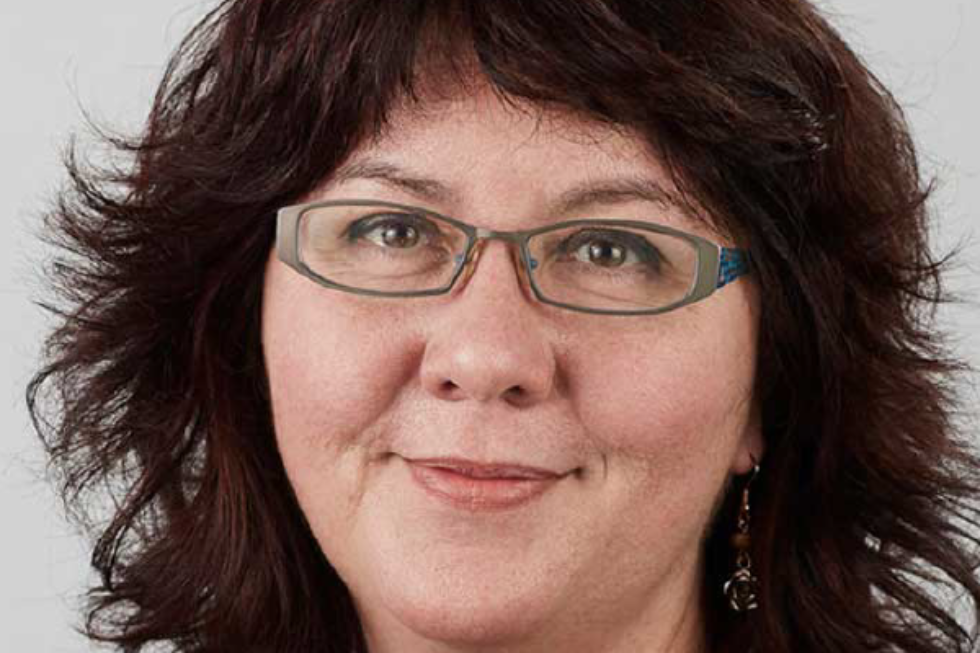
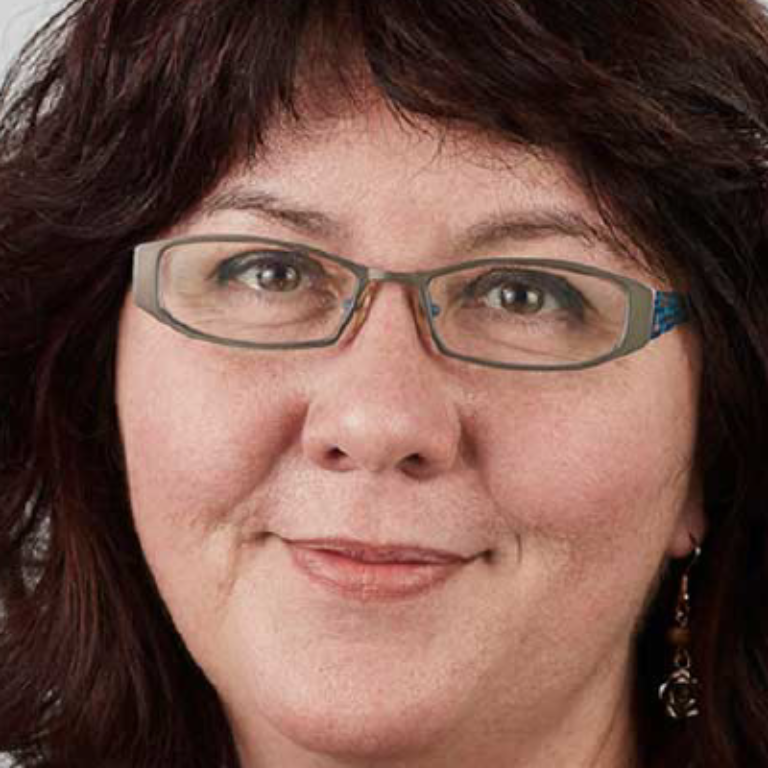
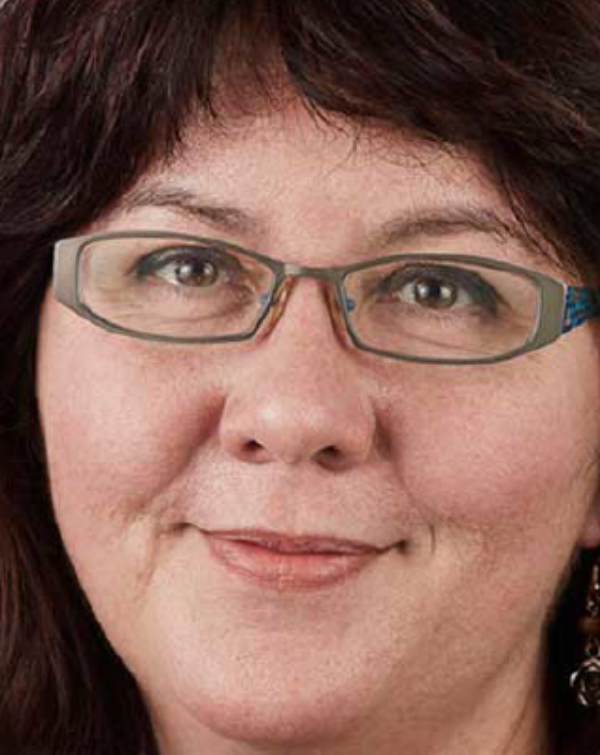
The workplace of the 21st Century is evolving and changing exponentially. Now, more than ever, the HR practitioner is operating in an increasingly complex environment and is expected to navigate increasing complex HR issues. There is no question that HR underpins the effective functioning of any organisation, but staying ahead of developments in today’s time poor workplace is the challenge.
Cutting across themes of leadership, cultural change and what it means to be a HR professional, this forum provided opportunities for the audience to hear from key speakers about the development of the practice of HR in the public sector.
The Hon Michael O’Brien MP, introduced this forum with Dr Verna Blewett, Director of New Horizon Consulting and Associative Professor of the Appleton Institute for Central Queensland University, being the MC.
This forum was created with the busy HR practitioner in mind or anyone who is looking at a future career in HR. HR professionals at all stages of their career benefited from attending this forum and were able to network with peers and colleagues from across the state, listen to and interact with speakers who are experts in their fields, as well as discuss HR challenges and successes in a supportive, professional environment.
Our presenters and panellists included:
Anxiety and psychological distress are on the rise as our workforce adapts to the COVID-19 pandemic. More so than ever now is a time for leaders to shine through to guide and support their teams through these challenging times. Some leaders more so than others are better equipped to manage their staff virtually, but as most organisations don’t educate leaders on this area, many will struggle to adapt and find their feet in this new world.
Leadership during a pandemic is new and untested, where we are learning on the fly what does and does not work to manage staff in the virtual world. Human Psyhcology have shared with us essential advice for managers and team leaders in helping their team adapt. This includes;
You can read and download the full tip sheet here.
We know how important it is to care for the mental health of your team and colleagues during challenging times, however we cannot understate the importance of caring for the mental wellbeing of family members. With social isolation, families, whether living in the same household, or split over distance undergo significant stress and challenges in adapting to the COVID-19 pandemic. Our friends at Human Psychology have shared with us some of the best advice for parents and families to cope with the new stresses of recent times.
There is a common misconception that talking with children and young people about a topic such as COVID-19 may increase anxiety. However, research suggests it may have the opposite effect. For children not having information is scary and many children will fill in the blanks with their own imagination-often imagining something far worse than the truth. Older children may take to the internet and social media for their answers, which can sometimes become overwhelming or misleading.
Download the full Parent Tip Sheet here
Times are very uncertain at the moment and many people are being asked to make lifestyle changes to help society work through COVID-19. For many of us, these changes include working from home and restricting the amount of time we spend socially interacting.
Social isolation can pose various challenges for our mental health. As social beings, we need social interaction and connectedness. Spending time isolated by ourselves limits the positive distractions available to us to dilute the amount of time we might stress over COVID-19.
Download the full Tip Sheet here, to find advice, ideas and inspiration for coping with Home Isolation
The Australian Mental Health Commission has launched a new initiative in response to the COVID-19 situation, as Australians are impacted by this challenging and unprecedented time. The #InThisTogether initiative is a national conversation that will help you access and share practical tips on how to support the mental health and wellbeing of yourself, family and co-workers. To join in this national conversation you can follow the hashtag #InThisTogether across social media, along with video segments providing advice and tips.
The Mental Health Commission website offers a range of further support materials and information, as well as social media tiles to help you and your department take part in the conversation.
We encourage you to check in with yourself and others during this challenging time, and seek support when you need it. If you need to talk, these free support lines are here to listen 24/7:
Lifeline 13 11 14
Beyond Blue 1300 22 4636
Kids Helpline 1800 55 1800
Or visit www.headtohealth.gov.au the digital mental health portal for more resources and support options.